ARTICLE AD BOX

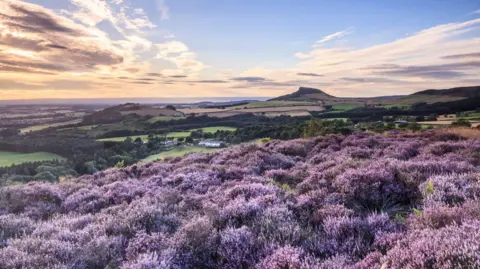 Getty Images
Getty Images
Campaigners say national parks should have more powers to buy up private land
Restoring nature in the UK’s national parks is being held back because nearly 90% of their land remains in the hands of private owners, campaigners say.
The Campaign for National Parks (CNP) has called for the authorities overseeing the protected landscapes to be given more powers to buy up private land under what they call a ‘People’s Charter’ so they can do more to boost biodiversity.
New research estimates that just under 595,000 acres of 5.7m acres of land covered by Britain’s 15 national parks is in public ownership.
The government said it was still committed to protecting 30% of land for nature by 2030 and to making national parks wilder, greener and more accessible.

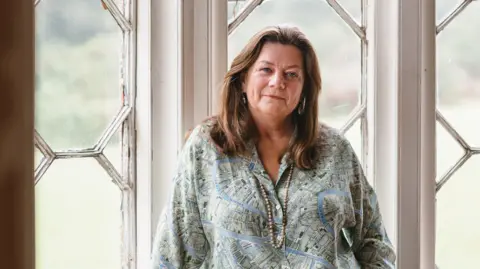 CLA
CLA
Victoria Vyvyan of the Country Land and Business Association says private landowners play a vital role in protecting landscapes
It is 75 years since the National Parks and Access to the Countryside Act 1949 paved the way for the creation of a range of legally-protected landscapes, managed for the nation.
Today there are 10 parks in England, three in Wales and two in Scotland, which are run by national park authorities (NPAs) that have a legal responsibility to conserve and enhance the natural beauty and wildlife of the area.
Access campaigner and environmental researcher Guy Shrubsole, who has mapped current land ownership within the boundaries of the 15 parks, said mostly they were “not, in fact, owned by the nation”.
Some NPAs own almost no land at all, including in the South Downs - the newest park - and in the Yorkshire Dales, where its authority owns less than 0.4% of the land, made up of car parks, woodland and small nature reserves.

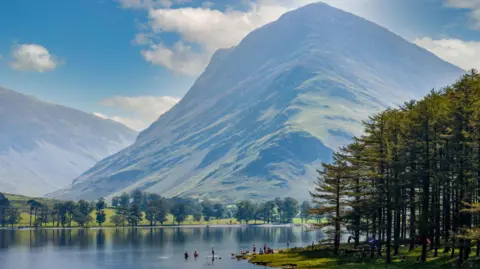 Getty Images
Getty Images
Landowners, farmers and national park authorities work together to protect landscapes and enhance nature
The biggest land-owning authorities are in Bannau Brycheiniog, also known as the Brecon Beacons, which still owns approximately 13% of the land, followed by Exmoor with around 9%.
Mr Shrubsole said NPAs – which also act as planning authorities - were “almost powerless to influence the private landowners who own the vast majority of land in our parks and who too often fail to steward the nature in their care”.
But the Country Land and Business Association (CLA) said farmers and other private landowners played a vital role in creating “cherished landscapes".
Victoria Vyvyan, the CLA’s president, added that criticisms “overlook a simple truth: alongside feeding the country, many farmers are investing their own time and money protecting nature and fighting climate change”.
“Let them lead — it’s cheaper and more effective,” she added.

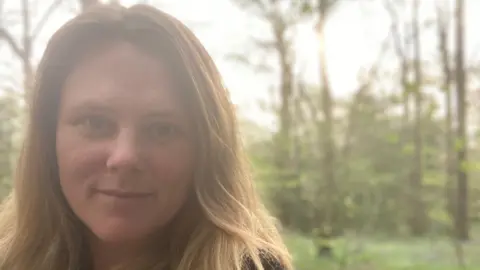 CNP
CNP
Dr Rose O’Neill, of the Campaign for National Parks, called for a new 'People's Charter' to help boost biodiversity
In England, a £100m government scheme, known as the Farming in Protected Landscapes (FiPL) programme, currently provides funding for farmers and land managers to work in partnership with NPAs to deliver environmental projects.
But Jayne Butler, executive director of National Parks England, pointed out that the programme had yet to be extended beyond this financial year and NPAs had suffered years of underfunding.
She said that “our experience of working in partnership with many landowners is that ownership of land in itself is not the decisive factor in driving nature recovery, but rather whether there is the right blend of resources, funding and powers in place”.
Earlier this year, a report by the CNP said that NPAs have little influence over what happens on land they do not own, including areas held by other public bodies such as the Ministry of Defence and Forestry England, which manages nearly half of the New Forest, and by water companies.
Parks 'in decline'
Dr Rose O’Neill, the CNP’s chief executive, told the BBC that national parks “absolutely need more powers and resources as well as reform of governance and ownership”.
She called for the government to create a new People’s Charter for the parks that would include "a requirement that any land over a certain size is first offered for community or public purchase when put up for sale, supported by a Treasury-backed capital fund to support public sector purchase of land in national parks.”
Meanwhile, new national parks are to be created in Galloway, Scotland, and in the Clwydian Range and Dee Valley area in Wales.
Plans for a new national park for England were also announced by the previous UK government, while new regulations and powers for national parks are currently being reviewed.
A UK government spokesperson acknowledged that Britain is “one of the most nature-depleted countries in the world” and that its national parks “are in decline”.
“That is why we have wasted no time in announcing a rapid review to deliver our legally-binding environment targets to better protect our natural environment,” he said.
“We will also create more nature-rich habitats and help our national parks become wilder, greener, and more accessible to all as we deliver our commitment to protect 30% of land for nature by 2030.”

 8 months ago
44
8 months ago
44

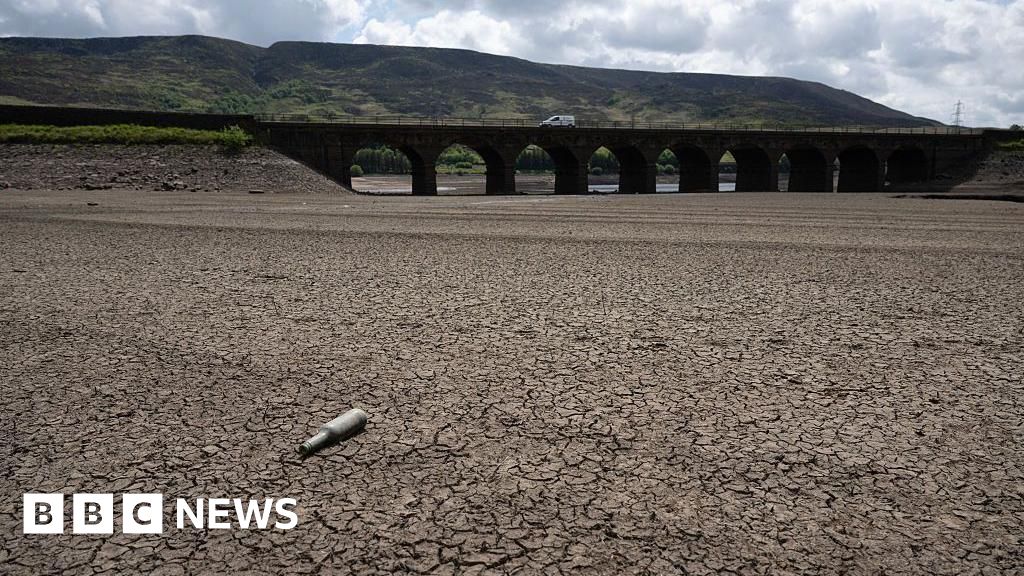
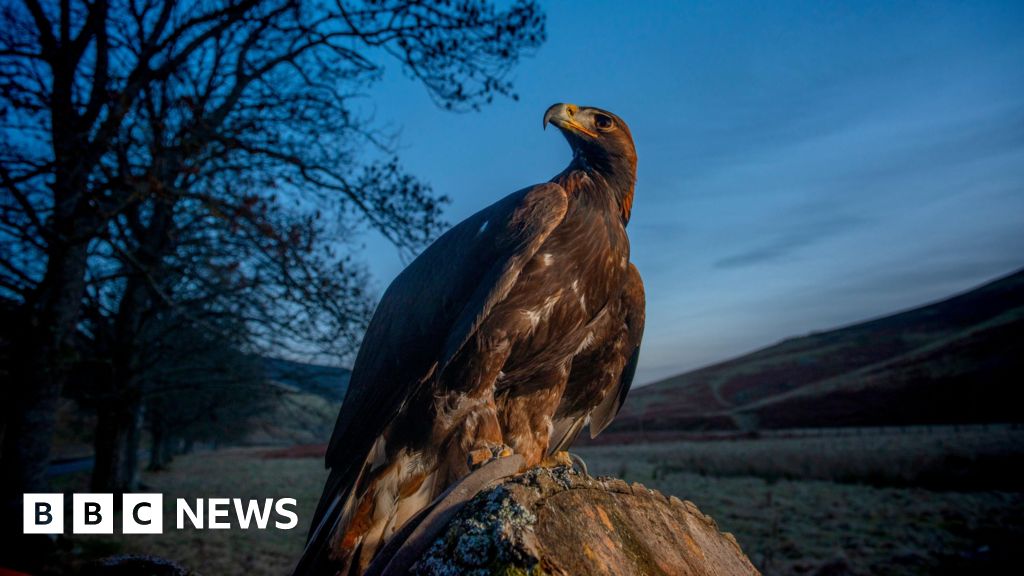





 English (US) ·
English (US) ·